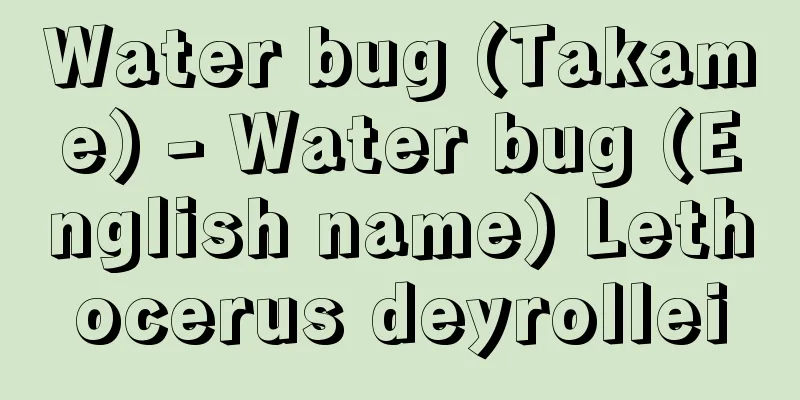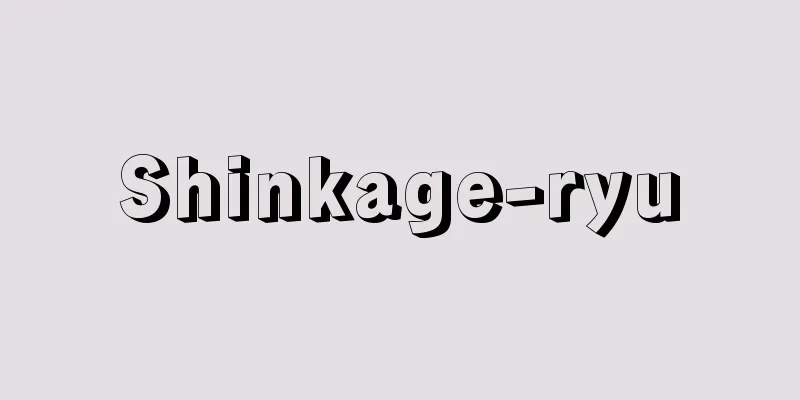Aizeni - Aizeni
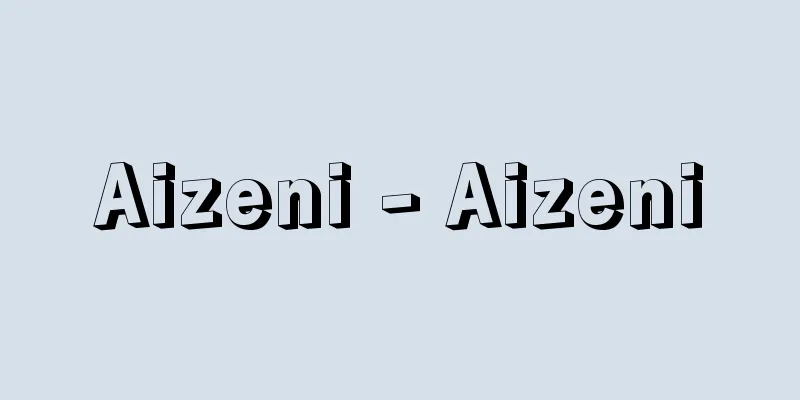
|
During the Muromachi period, these coins were borrowed and collected from various people by financial businesses such as dokura and sake brewers. The businesses would then lend the coins to others at higher interest rates, earning a profit from the interest, and using them as working capital to run their business. They were first seen in the Mansai Junko Nikki in 1430 (Eikyo 2), as "Yahata Dozo Gosen." Unlike "tosen," which were interest-free deposits, interest was paid on gosen. For this reason, they became an issue as they were subject to the Tokusei-rei (laws requiring amnesty). In November 1457 (Choroku 1), a peasant uprising broke out in Kyoto, demanding amnesty, and on December 5, the shogunate issued a law banning amnesty in general and officially recognizing credits. Source: Heibonsha World Encyclopedia, 2nd Edition Information |
|
室町時代,おもに金融業者である土倉・酒屋などが,諸人から借り集めた銭。業者はその銭をさらに高利で他に貸し付け利ざやを収めるなど,営業回転資金としていたのであろう。初見は1430年(永享2)で《満済准后日記》に〈八幡土蔵合銭〉とみえる。無利子預金である〈預銭〉と異なり,合銭には利子が支払われた。このため徳政令の対象として問題となった。57年(長禄1)11月京都に土一揆が起こり,徳政を要求したのに対し,幕府は12月5日一般に徳政を禁止し,債権を公認する趣旨の法令を発布した。
出典 株式会社平凡社世界大百科事典 第2版について 情報 |
>>: Eisenach Code - Eisenach Code
Recommend
ODA - Official Development Assistance
Official Development Assistance. This refers to g...
minuscule
…In the 3rd century, the Latin uncial and semi-un...
Meiosis
…Since many cells that no longer divide enter G0 ...
《Female's Friend》(English)
…In Britain, various women's magazines compet...
Cypselurus heterurus doederleini (English spelling)
…Most of them spawn in spring and summer, and the...
Nahari [town] - Nahari
A town in Aki District, eastern Kochi Prefecture, ...
Lying Compulsion
〘 noun 〙 A pathological tendency to change the fac...
Cardinal beetle
…Including the cardinal beetle, many beetles in t...
Heliozoa
…Any of the protozoa belonging to the superclass ...
German Gymnastics - What kind of gymnastics
A general term for gymnastics, equipment gymnasti...
Noh play - Utaigoto
...In general, the structure is <verse → secti...
Registered dietitian
Previously, the Dietitian Law defined the term as ...
Coming and going - Kyorai
A haiku poet from the mid-Edo period. Mukai. Comm...
Miserabilism (English spelling)
…Born in Paris. Having experienced the horrors of...
Karunkuru - Karunkuru
…The berries are spherical and contain numerous s...
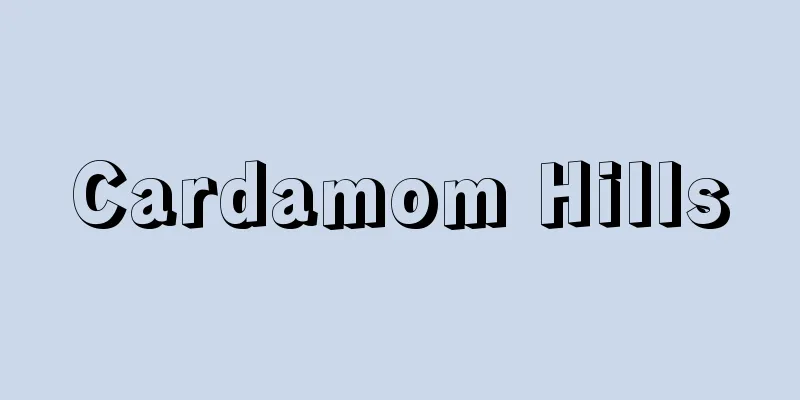
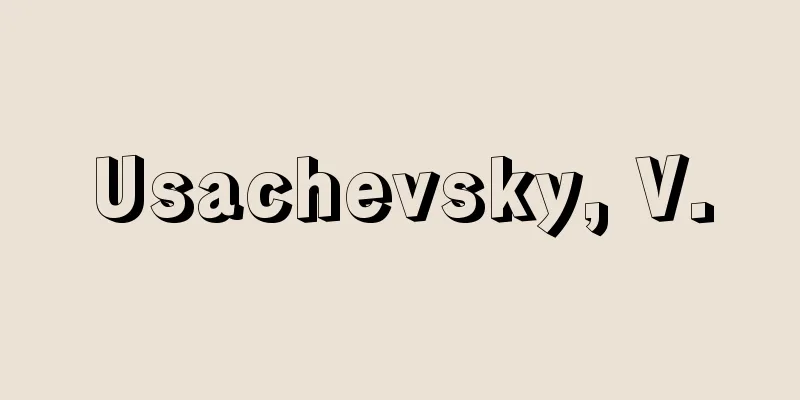



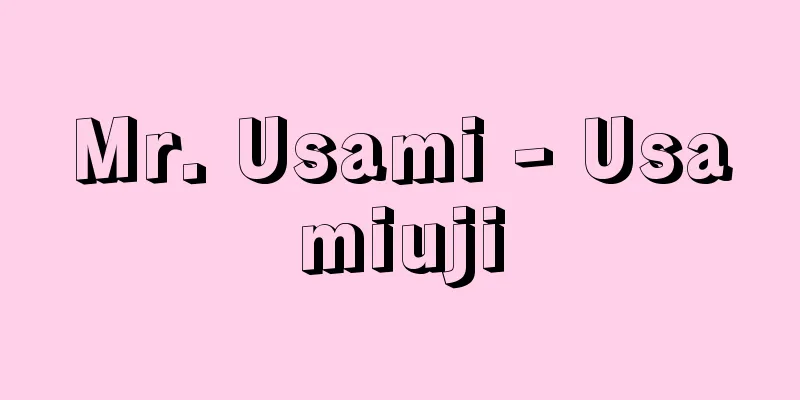
![Yamazaki [town] - Yamazaki](/upload/images/67cd0ded68717.webp)

